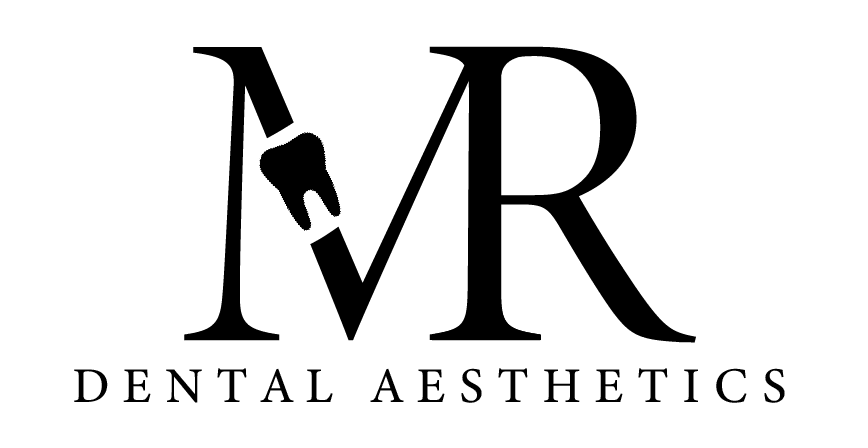Tooth pain is a common complaint coming from prospective patients of ours—it’s not only a pesky pain to have, but it can lead to significant damage if not treated within a reasonable amount of time. Plus, tooth pain can originate in a phantom way, meaning most tooth pain isn’t present before things really hurt. Unfortunately, that’s the beauty of oral health. We’ve comprised ways to tell if your tooth pain is of serious concern below…
1. YOU HAVE CHILLS OR A FEVER…
If your symptoms include the feelings of chills or a fever, this might be an indication of an infection that must be treated immediately by a dental professional. This could lead to a buildup of bacteria and plaque in an area of your gums or underneath a tooth, which left untreated can lead to sepsis or spread infection across your entire mouth to multiple teeth or areas of your gums. Though unlikely, when experiencing this, you must take swift action.
2. YOU HAVE TROUBLE EATING, SPEAKING OR OPENING YOUR MOUTH.
If it hurts to chew, this is usually due to the fact that you might have a cracked tooth, or your tooth’s enamel has worn down significantly and cannot protect your teeth from not feeling pain. You typically will see an increased amount of sensitivity, producing a sharp pain when inhaling anything too cold or hot, as well as anything hard to bite down on (i.e. pretzels, apples, sandwiches). Our recommendation is to get your dental problem treated right away, as this is not how you should be living through life. You may need to adjust your lifestyle habits to accommodate enamel loss, since you cannot get it back once it’s gone—these lifestyle and dietary changes might lead to not having extra hot lattes in the morning, or steering away from ice cream.
3. YOU’RE BLEEDING FROM YOUR GUMS OR TEETH.
Sometimes when patients come to the office and admit they haven’t flossed in years, the first time they floss might lead to a bit of a bloody experience. However, if you find that through your normal dental routine your gums are particularly inflamed, bleeding or otherwise sensitive, this might be a sure sign of gum receding, a popular sign of gum disease that comes from a buildup of plaque and bacteria on the gums. In severe cases, this can spread to your bone and cause bone loss/decay, which can lead to expensive, severe issues down the line. Your periodontist may suggest a routine deep cleaning every year following your 4x/annual regular cleanings, as it can prevent the continuation of gum disease. However, you must realize that a continuation of improper dental care will result in the same issue.
4. YOUR MOUTH IS INCREDIBLY DRY.
When your mouth is particularly dry, it exposes your mouth and gums to lingering bacteria, which can caused infections to spread on your gums and teeth. According to the National Institute on Aging, you should actively avoid cigarettes, alcohol and caffeine since this can exacerbate your dry mouth issues. Actively sip water throughout the day to keep your mouth wet and practice proper brushing and flossing to reduce or eliminate pain. Untreated dry mouth can inevitably lead to serious and chronic infection, since this can be persistent throughout your life without a change in lifestyle habits.
5. YOUR TOOTH FEELS LOOSE, CHIPPED OR CRACKED.
If your tooth feels loose, this is a sure sign of advanced gum disease, as the gum is weak enough that it cannot properly hold the tooth in place. If anything, you should see a periodontist or dental professional right away, as this could be a massive infection waiting to happen. A chipped or cracked tooth, as well, can lead to massive infection down the line if not treated, as it leaves your teeth vulnerable to outside bacteria touching the inside of your tooth. This untreated symptom can lead to severe tooth pain down the line and potentially expensive treatments such as root canals or periodontal treatment to restore that tooth with an implant or crown.
If you feel as if any of these symptoms apply to you, we encourage you to visit a dental professional immediately to alleviate these issues before it gets increasingly worse. This will help prevent you from needing expensive treatments and making an emergency appointment at the dentist’s office, which will just cause more pain and anxiety to you as a patient.

